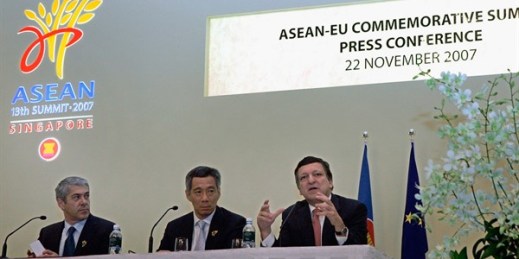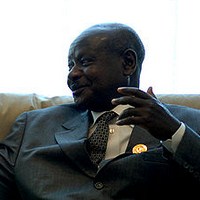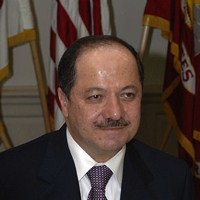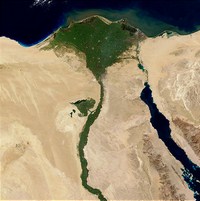
As the people of Zimbabwe steel themselves for another election cycle and their leaders argue over the timing of the poll, international investors are watching political developments with interest. Excitement about the economic opportunities in Zimbabwe, combined with frustration at the lack of good policy options to hasten the departure of President Robert Mugabe, has fueled a growing desire to explore alternatives to the political stalemate. The European Union has already shown its willingness to open a new chapter in its relations with Zimbabwe. In March, Brussels suspended sanctions against 81 officials and eight companies linked to Mugabe’s ZANU-PF party. […]
















